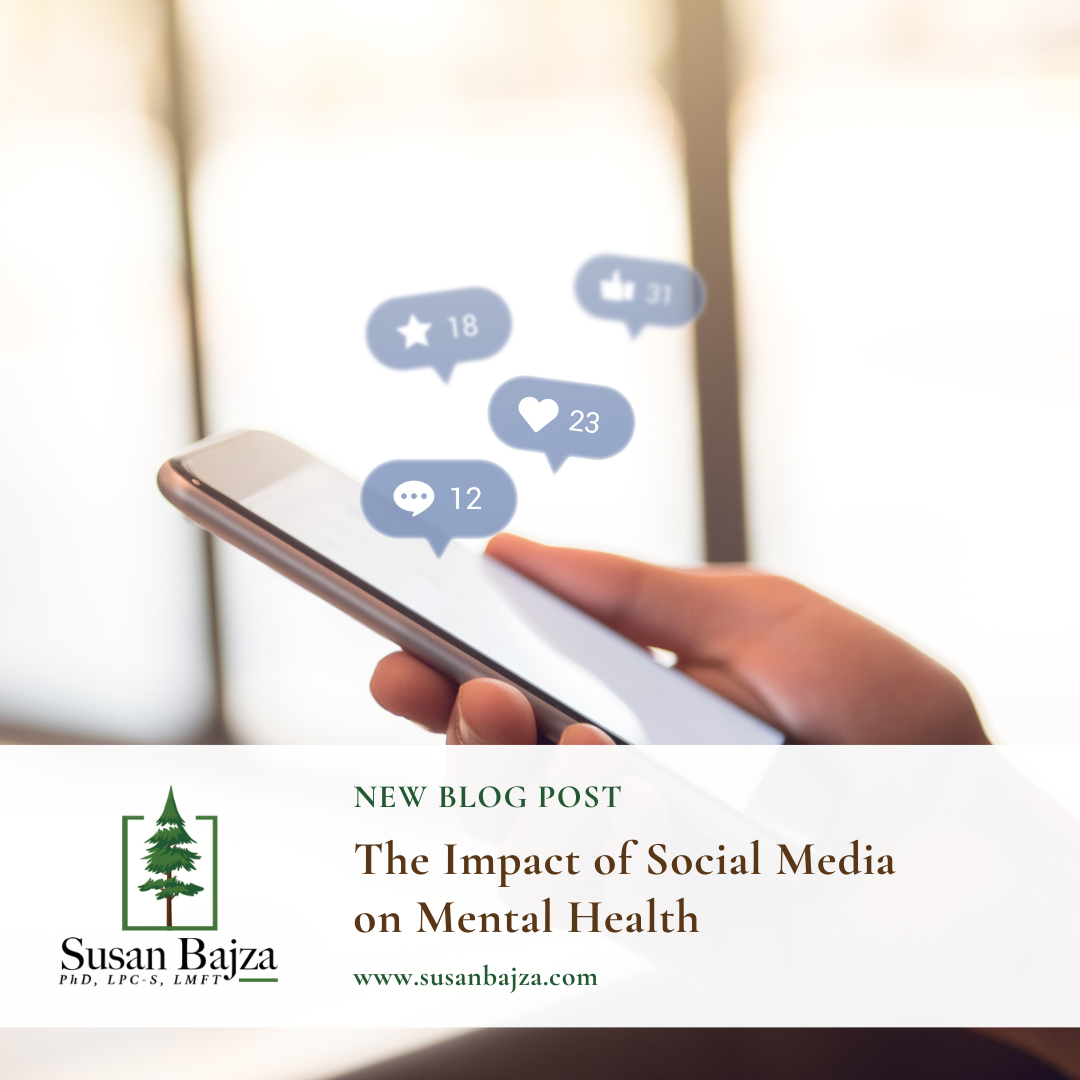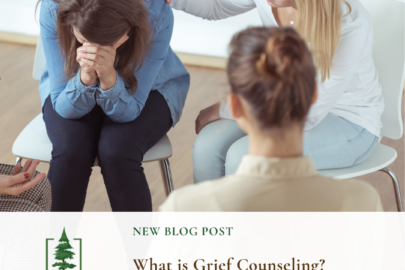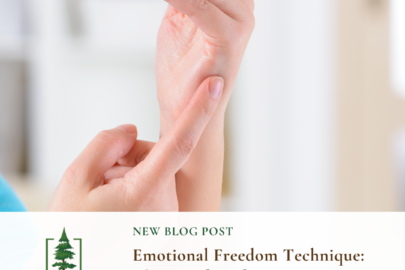As humans, we crave social interactions and connections on the daily. Partaking in social interactions can ease stress, anxiety, and can increase happiness. This reduces feelings of loneliness and can increase self-esteem. In today’s world, we rely heavily on social media platforms to connect with others rather than having face-to-face conversations. Having social media has opened up many doors and opportunities for people to talk to anyone they want, anywhere in the world. However, online interactions can never replace or satisfy the same way in-person conversations can. So how can social media impact mental health? The answer is likely to disappoint.
It Can be Addictive
It’s not uncommon to become addicted to social media, and many describe it using the term, “FOMO”, or “fear of missing out”. FOMO includes feelings of others enjoying life more than you and that you’re out of the social loop. These feelings will cause you to feel anxious, resulting in you reaching for the phone more frequently. In worse cases, you might take risks to answer messages when driving, losing sleep at night, or prioritizing social media over physical relationships. Taking social media breaks can help control your addictive, reliant, behavior towards certain platforms.
Cyberbullying
Just because it isn’t happening in school or in person, doesn’t mean it won’t occur on the internet. Cyberbullying has found a home in all popular social media sites, commonly found happening in chat rooms, direct messages, and comment sections. Offensive comments, threats, and hate speech can be used without limitations and directed at any user. This can cause emotional scarring to anyone of any age, while increasing anxiety and depression. With children having access to social media at young ages, it is crucial to set parental control to protect them from hateful posts or conversations.Social media can be a great way to stay in touch with long distance relationships, remote work, and entertainment purposes, but mental health comes first. Social media can be linked to depression, anxiety, suicidal behavior, and more. Learn to prioritize real world relationships over a screen, and ask for professional help to do so. To schedule an appointment, give us a call or email us through the contact us page.



